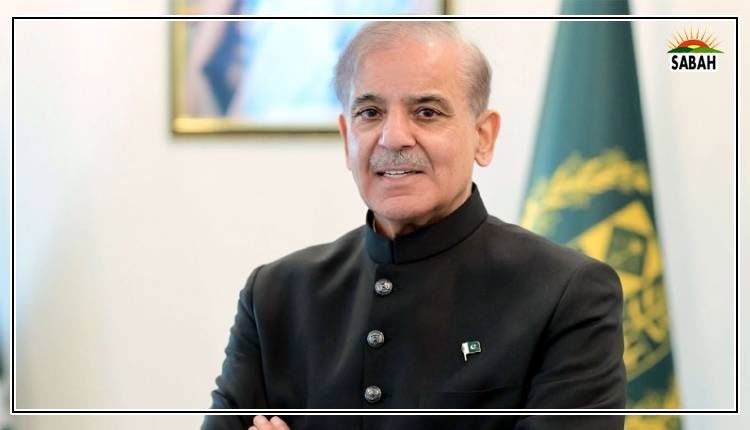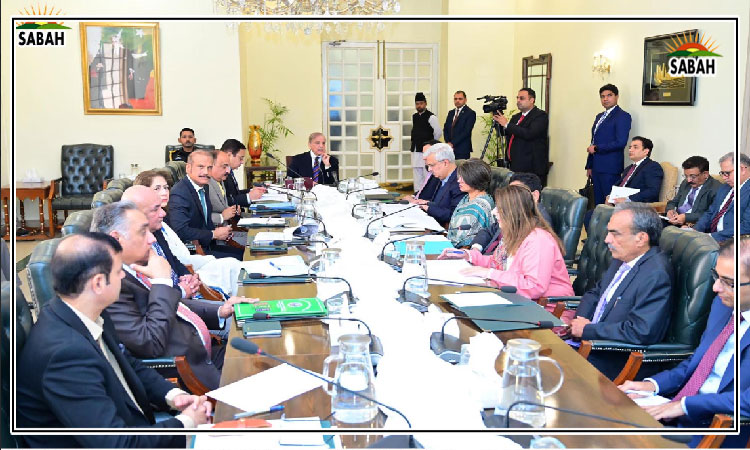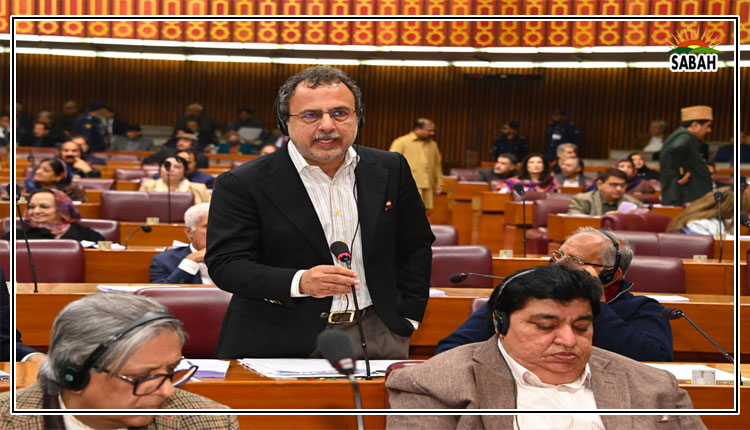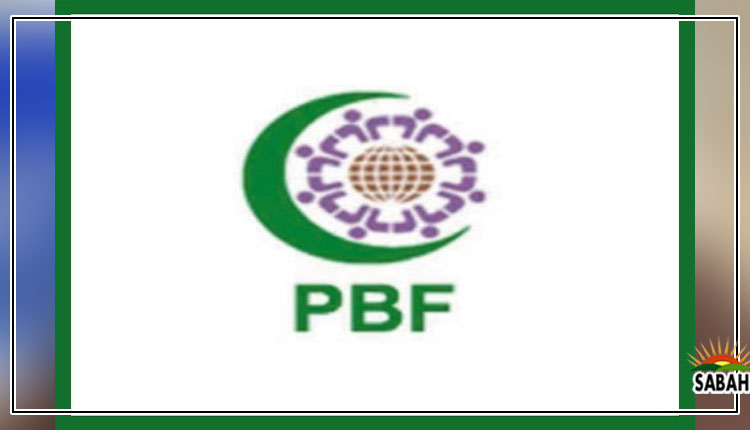Agriculture exports witness the increase of 13% in the year of 2022-23: PBF
LAHORE, Oct 18 (SABAH): Pakistan Business Forum (PBF) has said the value of agricultural exports in 2022-23 was $5.2 billion, an increase of 13% from the previous year. This growth in agricultural exports was driven by improved productivity, better prices, and increased demand in the global market.
In this regard, “we may also invested in modernising our agriculture sector by adopting new technologies, enhancing water management, improving seed quality, expanding cultivated land for high-value crops, strengthening linkages between processors and growers, and providing incentives for agro-processing.”
Jahan Ara Wattoo, Vice President of PBF said foreign direct investment in corporate farming holds the potential to benefit the country’s agriculture sector in offsetting the impending hovering threat of food insecurity besides meeting food staple needs of the people.
Speaking to a delegation of progressive farmers, she said Pakistan is in dire need of foreign direct investment (FDI) to improve its foreign exchange reserves and to bridge the investment gap the country is currently experiencing, Such investments are crucial to boost its agricultural and industrial production, which can lead to job creation, increased exports, and the generation of additional tax revenues, she added.
Wattoo said several countries, like India and Indonesia, went for public-private partnerships with foreign partners to increase local production of high-yielding seeds. This initiative aims to enhance the country’s crop productivity and farm incomes by ensuring the availability of affordable, high-yielding seeds. Such partnerships side-stepped the complex and lengthy process of developing new cultivars, she added.
She said in the realm of corporate farming, an investor needs capital investment for acquiring or leasing land, procurement of agricultural machinery, land development and irrigation and water resources development with high-efficiency irrigation solutions, where water availability is limited. Expanding the country’s cultivated area through corporate farming can also increase oilseed production to save a huge amount of foreign exchange, she added.
Corporate farming has its own merits, setting up an agro-industry in Pakistan through FDI holds even greater significance, she added. On one hand, Pakistan’s reliance on imports for essential agricultural inputs, such as fertilisers , pesticides, and various types of machinery including harvesters, planters, balers, water pumps, electric motors, etc has been on the rise.
On the other hand, a significant portion of Pakistan’s agricultural exports comprise commodities (agricultural crops) without any significant value addition through primary, secondary, or territory processing.
She further said given the substantial size of the country’s agriculture sector, its existing low level of agro-industrial sophistication, and its limited scale, Pakistan must actively attract investments in both the agricultural inputs industry as well as agro-processing sector to address effectively the challenges of soaring import bills, suboptimal export growth, and ever-increasing rural poverty.












